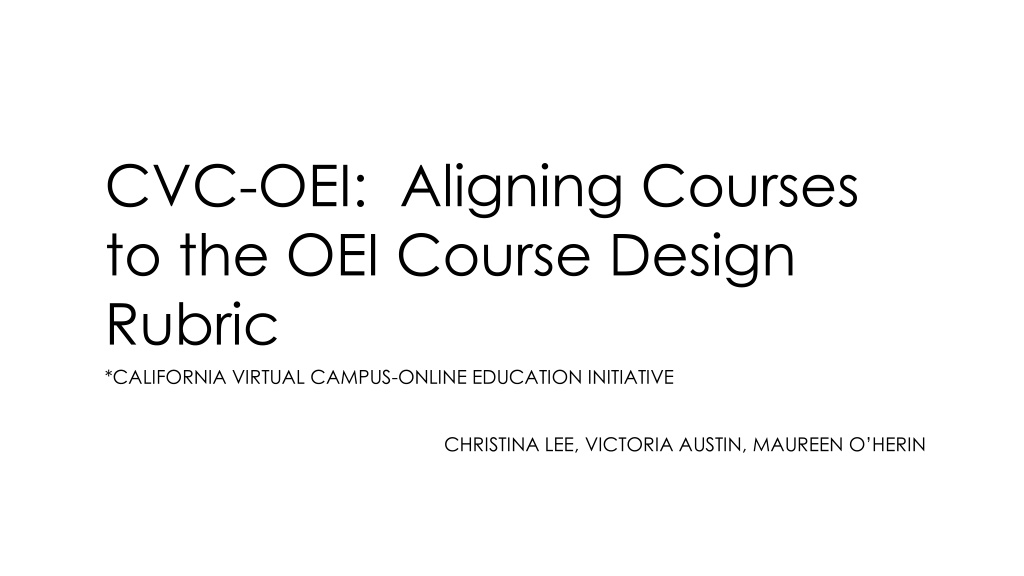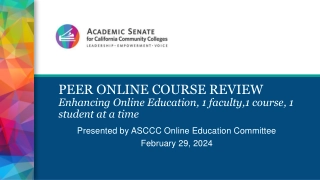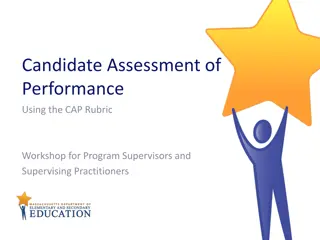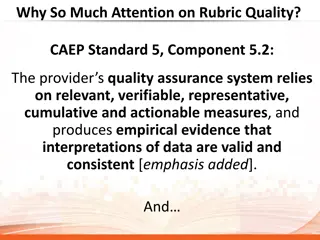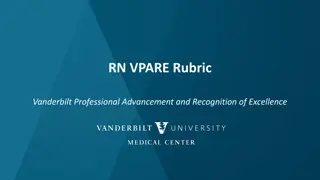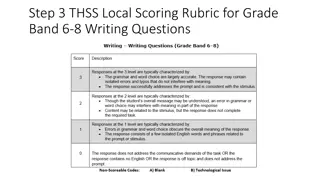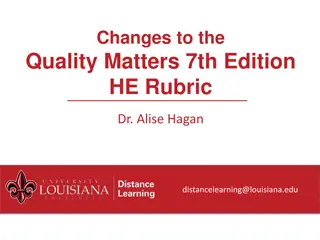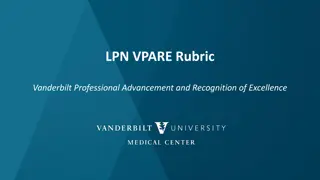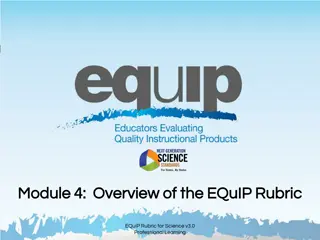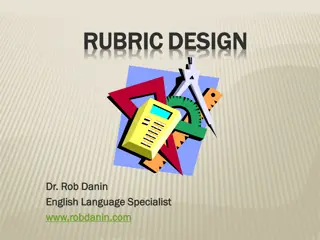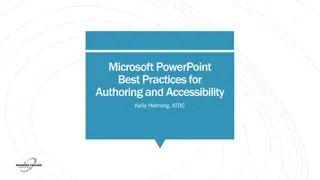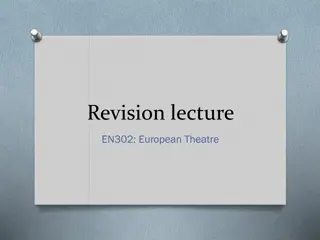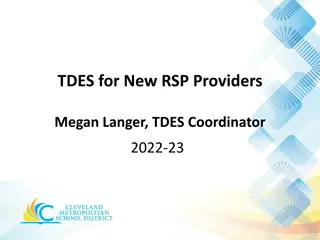Aligning Courses to OEI Rubric
In this resource, explore aligning courses to the OEI Course Design Rubric, focusing on key areas like module/unit objectives, accessibility, interactions/feedback, and assessment linkage. Understand the expectations of the rubric, benefits, challenges, and resources available for professional development. Take actionable next steps to enhance your online course design effectively.
Download Presentation

Please find below an Image/Link to download the presentation.
The content on the website is provided AS IS for your information and personal use only. It may not be sold, licensed, or shared on other websites without obtaining consent from the author.If you encounter any issues during the download, it is possible that the publisher has removed the file from their server.
You are allowed to download the files provided on this website for personal or commercial use, subject to the condition that they are used lawfully. All files are the property of their respective owners.
The content on the website is provided AS IS for your information and personal use only. It may not be sold, licensed, or shared on other websites without obtaining consent from the author.
E N D
Presentation Transcript
CVC-OEI: Aligning Courses to the OEI Course Design Rubric *CALIFORNIA VIRTUAL CAMPUS-ONLINE EDUCATION INITIATIVE CHRISTINA LEE, VICTORIA AUSTIN, MAUREEN O HERIN
Agenda: Introduction to the CVC-OEI Main Work Areas of OEI Course Design Rubric Expectations of OEI Rubric vs Your course Resources Next Steps Review your own DE course and identify areas to work on
What is the CVC-OEI? Collaborative effort among all CA community colleges Intended to allow students to complete educational goals more easily Supports high quality online courses Finish Faster Online!
What is Las Positass role? May 2014 23 college pilot, not including us May 2018 33 new colleges added We commit to: Align 20% of our DE sections to the OEI Course Design Rubric in two years (Fall 2020) Creating a local POCR (peer online course review) process to align DE courses
What courses are eligible? Fully online class Taught at least one previous semester online at LPC or Chabot Transfer eligible (IGETC or CSU) or CTE
Main Work Areas of OEI Course Design Rubric Module/Unit Learning Objectives Accessibility Issues(e.g,.videos, ppts, urls) Interactions/Feedback (F2S, S2S, grading rubrics) Linking assessments to match learning objectives The OEI rubric is about delivery, not content
Expectations of OEI Rubric vs Your course Benefits Challenges Takeaways OEI MOU
Resources Professional Development at LPC OEI Resources for Instructors
Next Steps Identify which course you would like to work on Start working on it today (e.g., small tasks first) A13 Student Services A14 Tech Support A7 Use of Canvas Tools A9 Instruction for Learners
Scotts Course Design Template (in Canvas) Meets the standards in the Course Design Rubric Contains sample content for you to edit
Example From OEI Resources for instructors
Questions? Thank you!
